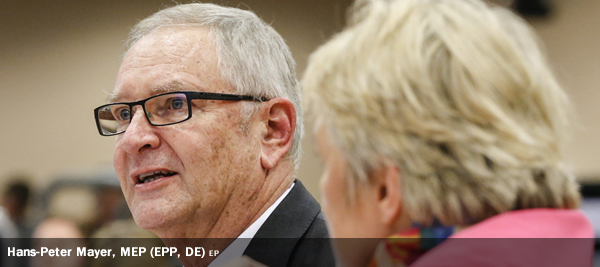The internet has revolutionised the way we travel. Many people now prefer to book online through individual travel service providers rather than opt for ready-made packages. On 12 February the consumer protection committee approved new rules to ensure travellers know their rights and are aware of who is responsible for the services provided. We discussed it with Hans-Peter Mayer, a German member of the EPP group who is responsible for steering the legislation through the EP.
How will the new rules approved by the consumer protection committee help customers who are unsatisfied with the quality or did not receive what they were promised? The directive, which is currently in force, was adopted before we had internet, so this new law now covers internet booking.
Customers have to be provided with a telephone number they can call in case of an emergency, even outside the EU. The package or a linked travel arrangement should be fully protected against insolvency. In the case of extraordinary circumstances, for example a volcano eruption, customers have the right to stay in a hotel for up to five nights for an amount of €125 per night, which has to be covered by the organiser.
Customers are also protected against price changes after the booking. If prices increase by more than 8%, the consumer has the right to reject the offer and the organiser is obliged to offer an alternative journey, similar to the one the consumer booked. That is much more than proposed in the proposal by the European Commission. The same applies to significant changes in the travel package. For example, if they are not able to put you in the hotel that was promised, there are very detailed rules on the alternative they have to offer.
The EU is the world’s most popular tourist destination, which makes tourism a very important sector of the economy. How will these rules affect Europe’s travel industry? The response from the travel organisers was positive, they also want to satisfy their customers and offer an excellent service.
The consumer has a right to get information, while organisers and retailesr now know exactly what information they have to give and which obligations and rights they have.
